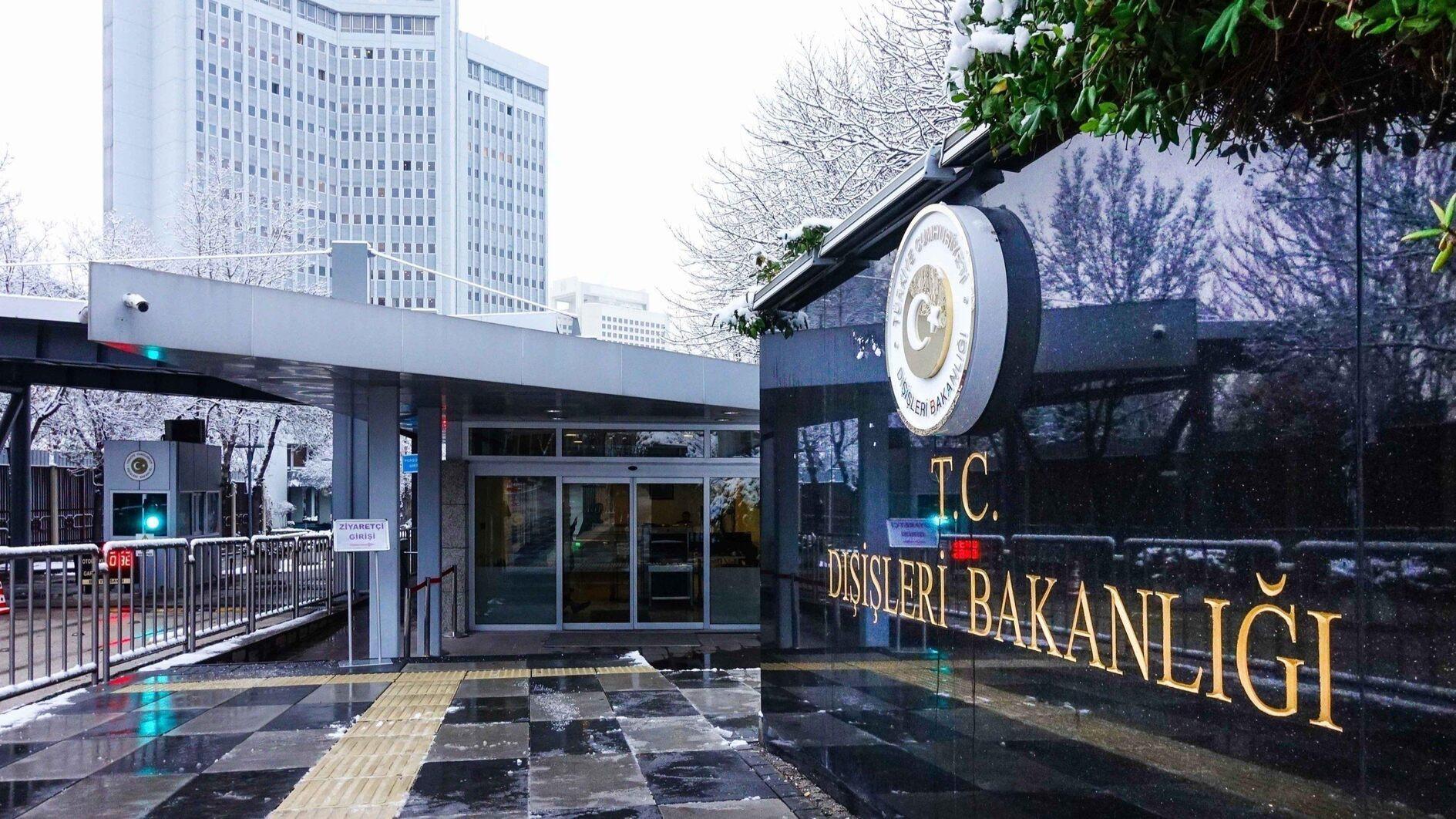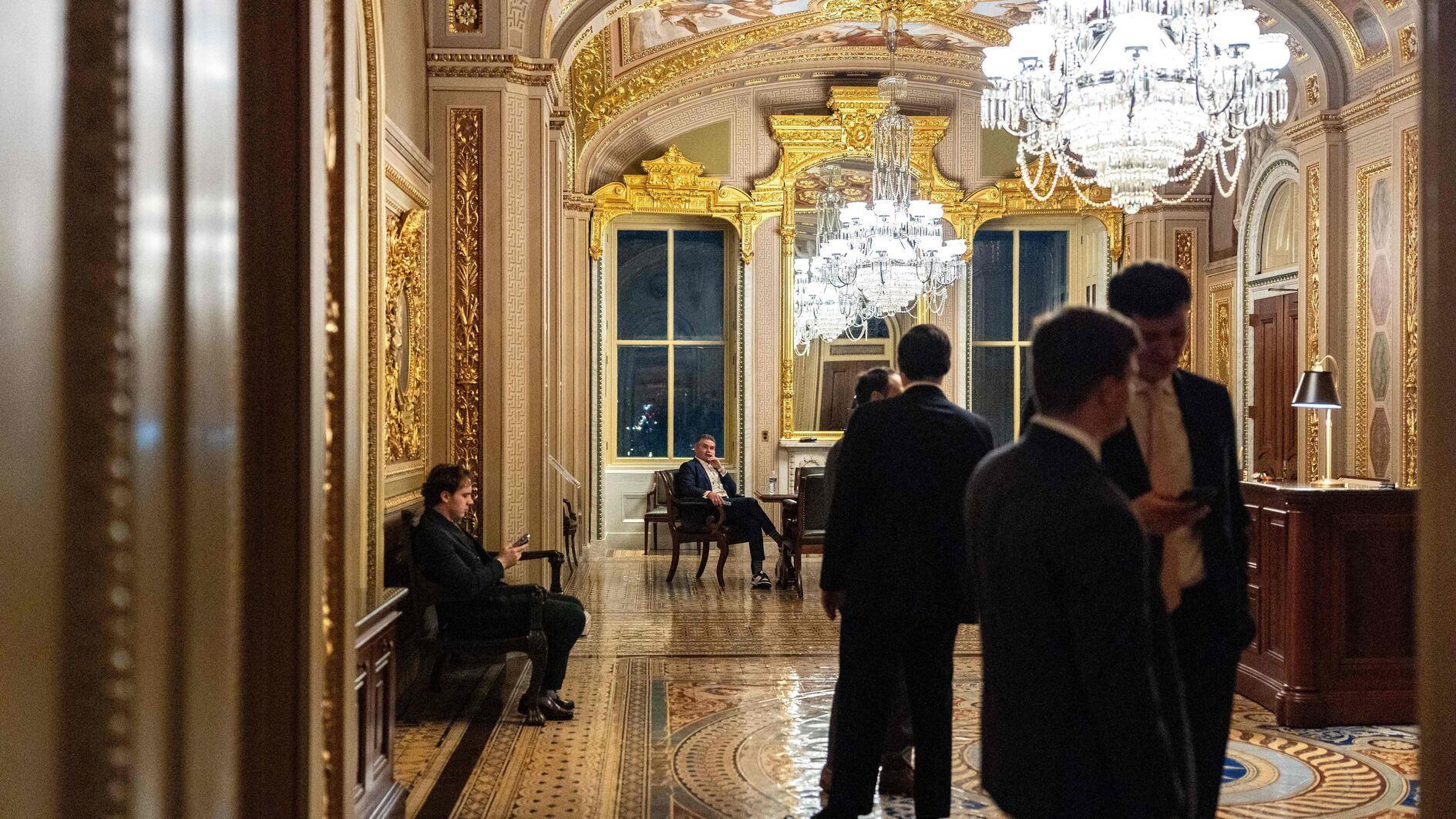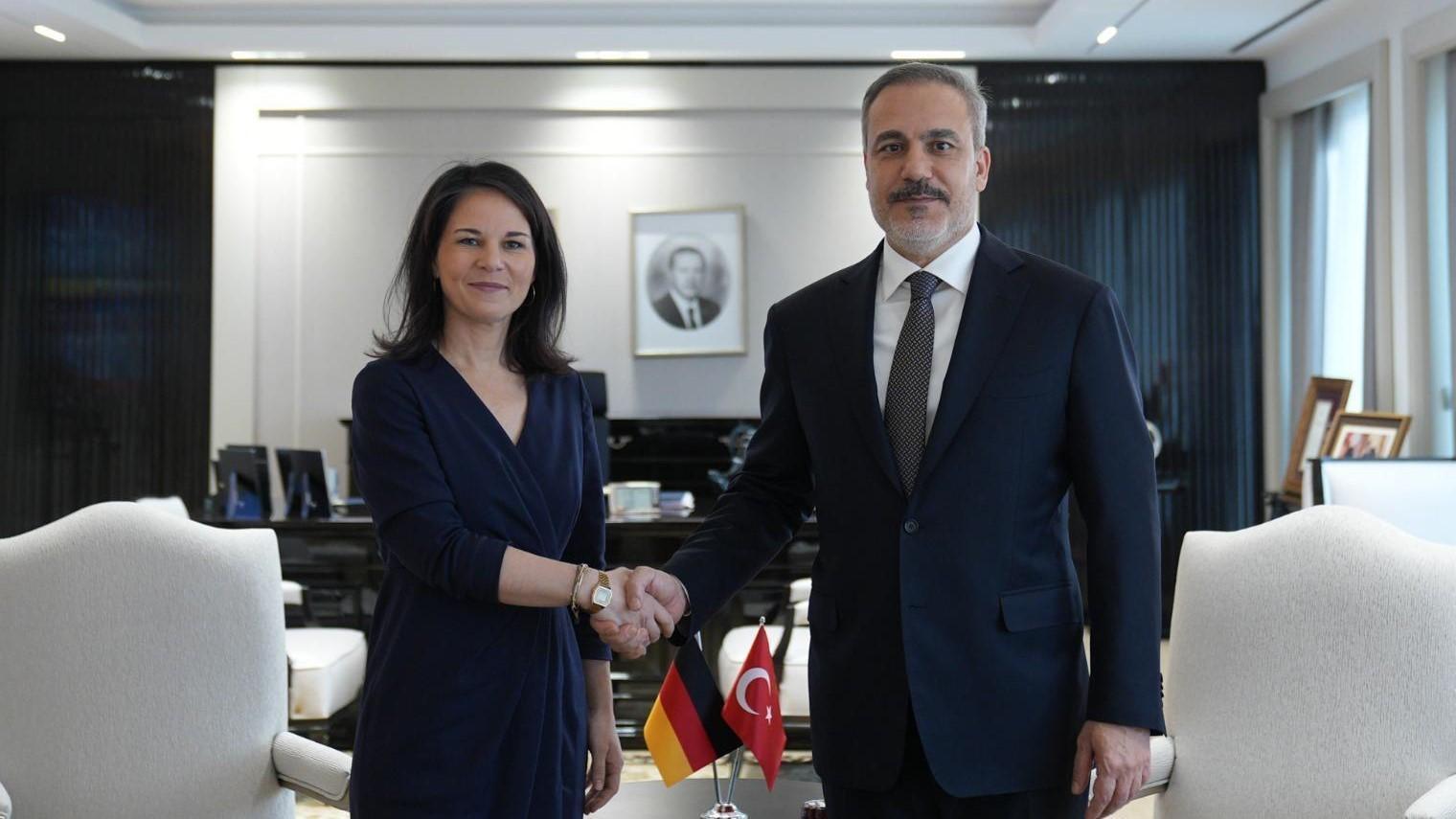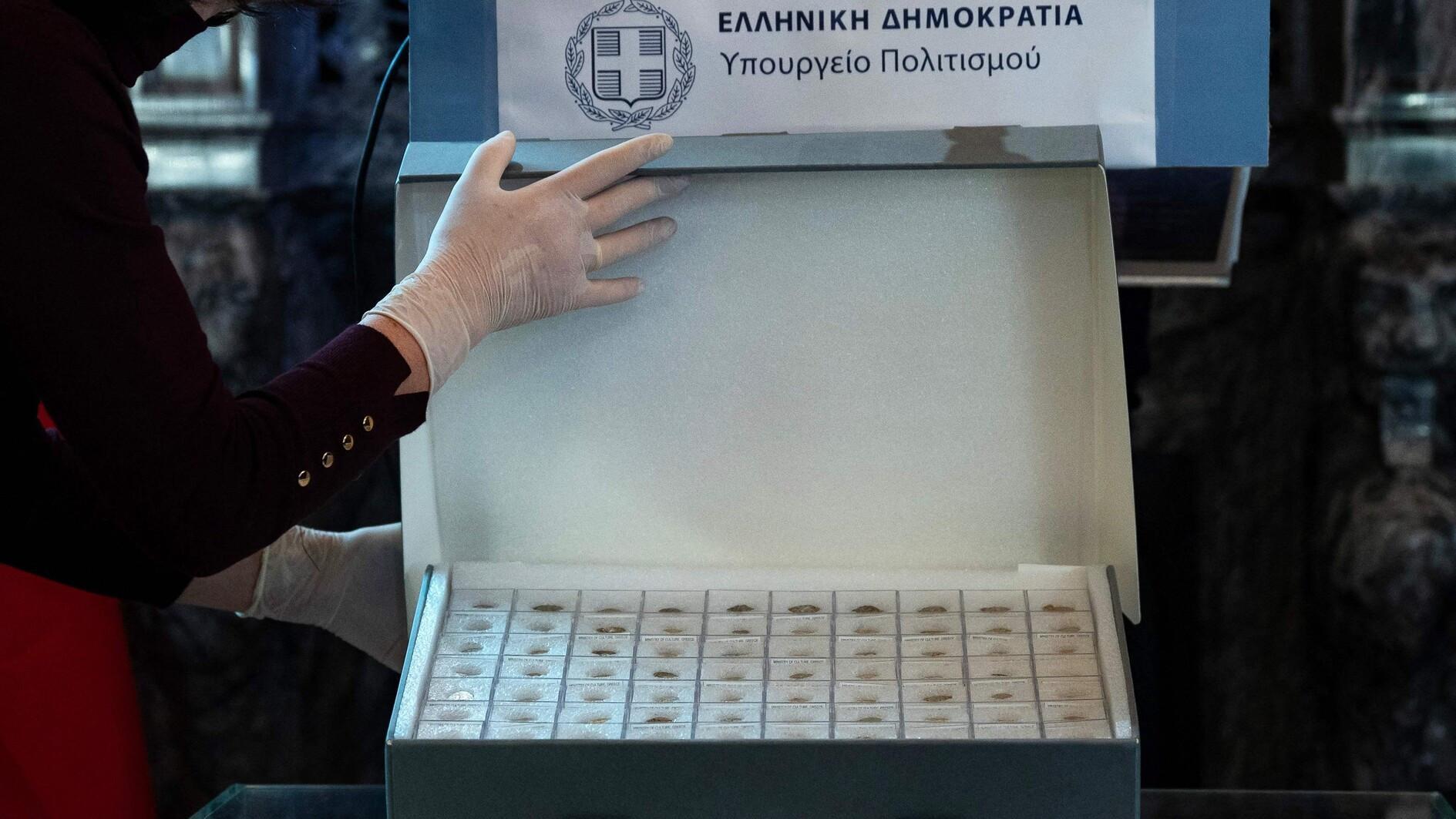Seeking ‘His President’s Opposition’ in Turkey
The “pervert” debate between Turkish President Tayyip Erdoğan and the main opposition Republican People’s Party (CHP) leader, Kemal Kılıçdaroğlu, has finally faded out after Erdoğan said he would no longer count Kılıçdaroğlu as a political counterpart, with the latter providing no reply.
In theory, they are not counterparts anymore already. According to the Turkish constitution, the president should be non-partisan. Yet in today’s Turkey, very little room has been left for such formalities. It is reported that in the draft for a new constitution to be submitted to parliament by the ruling Justice and Development Party (AK Parti) under the instructions of Prime Minister Ahmet Davutoğlu, the president – who will be granted more executive powers – could lead this party as well.
Erdoğan also said Kılıçdaroğlu was not suitable to chair the CHP and that he would no longer acknowledge the fact that the CHP has Kılıçdaroğlu as its chairman. Erdoğan also recalled that Kılıçdaroğlu was elected as the head of the CHP after the preceding chairman, Deniz Baykal, had to resign after illegal video recordings allegedly showing him engaged in an affair hit the internet in 2010 when Erdoğan was prime minister. The relevant court case is still continuing.
It is not only Erdoğan who despises Kılıçdaroğlu and praises Baykal. In a recent speech in parliament, Davutoğlu said the CHP (the founding party of the Turkish Republic) had failed to perform like a “national opposition” under Kılıçdaroğlu, adding that Baykal did.
But the AK Parti desire to design the opposition is not limited to the CHP.
Before the Nov. 1, 2015, elections, a deputy chairman of the Nationalist Movement Party (MHP) resigned to join the AK Parti; Tuğrul Türkeş is now a deputy prime minister and played a role in attracting some MHP votes to the AK Parti in the elections. The poor election performance shook the MHP badly. The inner party opposition asked for an emergency congress and when MHP leader Devlet Bahçeli resisted, they went to court.
Last week, a court ordered an emergency congress (open to appeal), with its date to be decided by a board of trustees, not by the party leadership. Four candidates now plan to run against Bahçeli.
In the meantime, the government’s security campaign against the outlawed Kurdistan Workers’ Party (PKK) is highly appreciated and supported by the MHP grassroots. Even Bahçeli himself suggested last week that the government should evacuate civilians from the towns in which the PKK has been claiming self-rule and then raze them to ground.
Bahçeli also backs the Erdoğan-Davutoğlu line to lift the immunities of MPs from the Peoples’ Democratic Party (HDP), which is focused on the Kurdish problem, and try them for spreading PKK terrorist propaganda. That could result in the removal of the party’s co-chairs, Selahattin Demirtaş and Figen Yüksekdağ, from their positions, which is something the AK Parti would like to see. But there are indications that such a policy could further work against the MHP on behalf of the AK Parti.
Quoting its HDP sources, Cumhuriyet newspaper reported that the party had conducted three separate polls and seen that the HDP had managed to stay above the 10 percent threshold – despite losing votes from liberals and democrats in the western parts of the country – because of support from East and Southeast Anatolia where the clashes continuing. Instead, the MHP is losing votes, sending it toward the threshold. The HDP polls also reportedly showed AK Parti support on the rise and CHP support stable.
The picture shows that the AK Parti is not only trying to increase its vote base by pursuing aggressive policies on the strong presidential system that Erdoğan wants, but is also trying to put wedges between the opposition parties to weaken them. Could the political/psychological aspect of the effort also be interpreted as an aim to design His President’s Opposition in Turkey? Perhaps it is too early to come to that conclusion, yet there are signs of interventions into other parties’ affairs.











